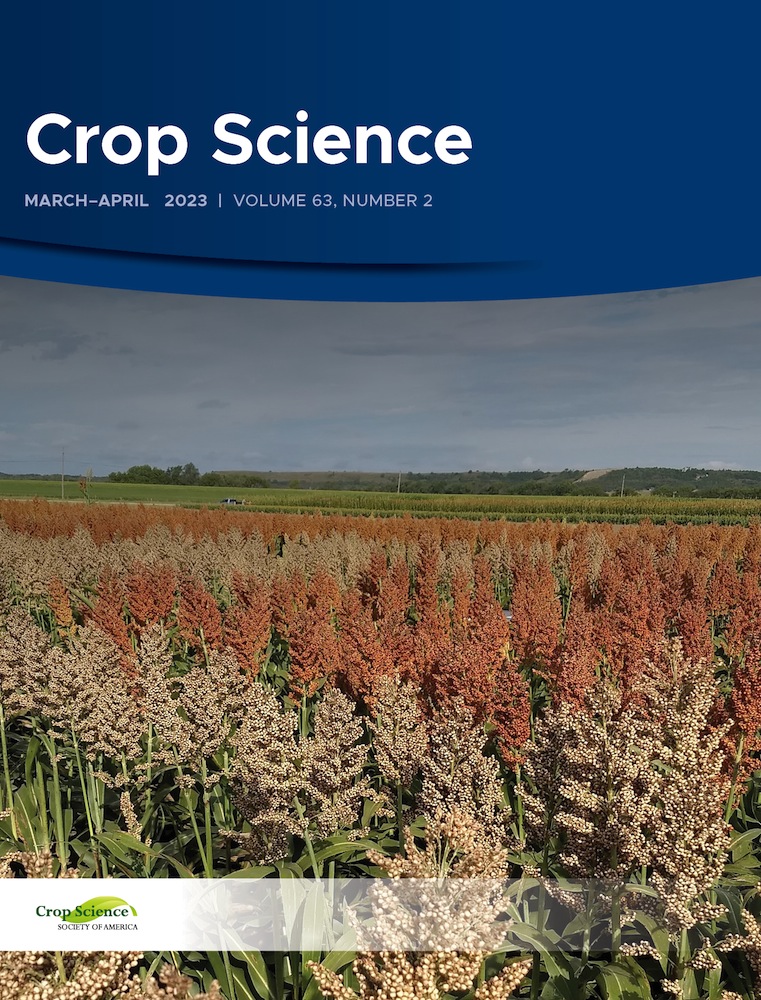The potential of bio-fortified crops and their critical role in Rwandan diets motivated the Ministry of Agriculture through Rwanda Agriculture and Animal Resources Development Board (RAB) to adopt a national policy of combating micro-nutrient deficiencies by developing and releasing fortified crop varieties. In this context, 37 bio-fortified potato (Solanum tuberosum) clones were introduced from the International Potato Center (CIP) and evaluated for two growing seasons in four agro-ecological zones in Randomized complete block design (RCBD) with three replications. The evaluation was conducted on the vegetative development traits, root yield (t/ha), dry matter content (%), iron and zinc (mg/kg) content, flesh color, processing qualities, and taste. The average yield varied between 11.5 and 20.8 tons/ha for bio-fortified potato clones, while the local checks revealed a yield ranging between 21.5 and 21.8 tons/ha. The dry matter content was between 18.9 and 25.9%, while the local check revealed a dry matter content ranging between 22.4 and 25.4%. The high iron and zinc ranking between 11.51 and 27.84 mg/kg, and 22.39 and 43.57 mg/kg, while the local checks with 5.23 to 8.12 mg/kg, and 19.17 to 21.88 mg/kg, respectively. Five biofortified clones (CIP312507.311, CIP312764.013, CIP312721.169, CIP312735.253, and CIP312682.042) revealed a chipping quality similar to Kinigi, the most popular potato variety in Rwanda. Regarding the culinary test, the clone CIP312725.057 revealed a bitter taste, ten clones were ranked as very well, and two clones were ranked as good. Regarding the farmers’ feedback, seven clones namely CIP312764.013, CIP312721.169, CIP312735.253, CIP312682.042, CIP312721.038, CIP312621.069, and CIP312637.132 were ranked as very good including the local checks Kinigi and Kirundo. Three clones (CIP312507.311, CIP312725.048, and CIP312721.286) were ranked as good, while the clones CIP312507.312 and CIP312725.057 were ranked as bad. In this study, 10 good clones were selected for further evaluation for release as the first bio-fortified potato varieties in Rwanda or used in crossing blocks for population improvement.
Performance of tetraploid bio-fortified potato clones in Rwanda
Citation: Rukundo, P.; Ndacyayisenga, T.; Vandamme, E.; Nshimiyimana, J. C.; Thiago, M. 2023. Performance of tetraploid bio‐fortified potato clones in Rwanda. Crop Science. ISSN 1435-0653.
2023-05-04
BIOFORTIFICATION, POTATO AGRI-FOOD SYSTEMS, POTATOES
Eastern Africa
RWANDA
journal_article

